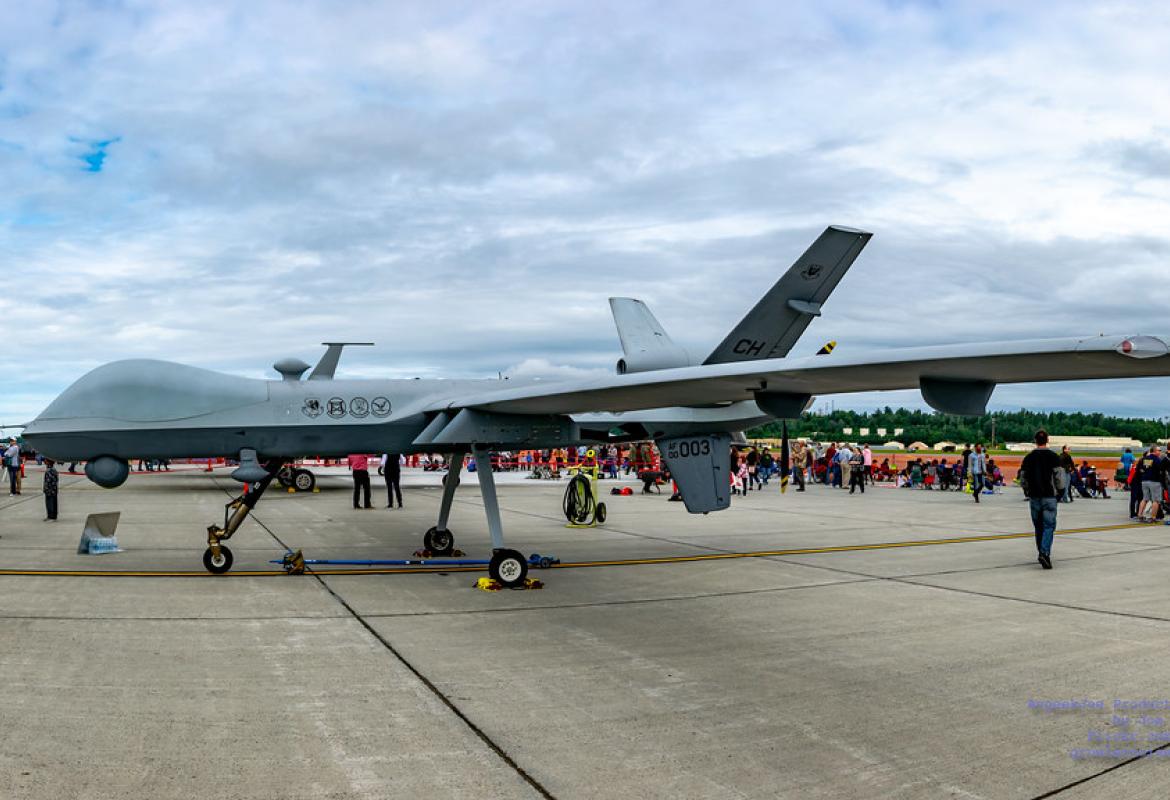Retired Algerian Defence Minister arrested over war crimes
Former Algerian Defense Minister Khaled Nezzar has been arrested in Geneva over allegations of war crimes committed during the Algerian civil war, which started in 1992.
The 73 year-old, who is also a retired Army General, was questioned by Swiss prosecutors, before being released pending further investigations.

